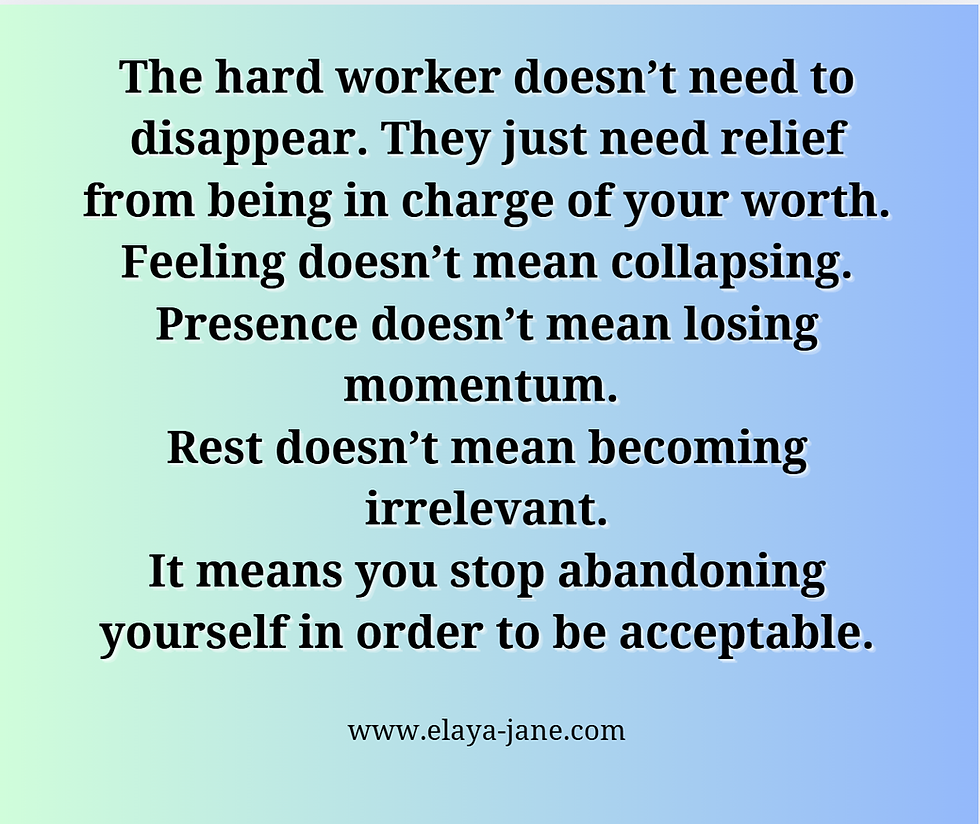Confrontation: A Powerful Catalyst for Change
- Jane McGarvey
- Mar 31, 2025
- 3 min read
Confrontation: A Powerful Catalyst for Change
For many, confrontation is an unwelcome guest, a tension-filled moment we’d rather avoid. Yet, when approached with intention and emotional intelligence, confrontation becomes a powerful tool for change. Whether in our personal relationships, workplaces, or broader societal structures, open and honest dialogue—especially when it involves conflict—lays the foundation for progress.
Why Do We Avoid Confrontation?
If the thought of addressing an issue with a friend, partner, colleague, or family member fills you with anxiety, it might be worth exploring the root of that discomfort. Often, an aversion to confrontation is a sign of childhood wounding that has not yet healed. Perhaps, as a child, you learned that expressing your needs led to rejection or punishment. Maybe you grew up in a household where conflict was either explosive or non-existent, leaving you with no model for healthy, constructive confrontation.
Over time, this fear can sabotage relationships—romantic, familial, social, and professional—by preventing open, necessary communication.
The Cost of Avoiding Conflict
When we shy away from difficult conversations, we allow resentment to fester, misunderstandings to grow, and unhealthy dynamics to persist. Without robust communication that embraces, rather than avoids, conflict, no real change can occur.
This applies not only to our personal lives but to the very structures that govern our world. Imagine if social justice movements, workplaces, or even families refused to confront difficult issues—progress would be impossible. True change happens when we are willing to stand in discomfort and advocate for transformation.

Strategies for Entering Difficult Conversations
While confrontation may never feel easy, having a game plan can help you navigate it with grace and confidence.
Here are some strategies to take into a situation that may escalate:
Clarify Your Intentions – Before initiating the conversation, ask yourself: What do I hope to achieve? Is this about resolving a problem or simply expressing frustration? Aligning with your deeper intention keeps the discussion productive.
Choose the Right Time and Setting – A private, calm environment reduces external stressors and allows both parties to be fully present.
Use “I” Statements – Instead of “You never listen,” try “I feel unheard when I try to express myself.” This reduces defensiveness and keeps the conversation constructive.
Be Willing to Listen – Confrontation isn’t just about being heard; it’s also about hearing the other person’s perspective. Active listening fosters mutual understanding and de-escalates tension.
Stay Solution-Oriented – Focus on resolution rather than blame. What can be done moving forward to create a better outcome for both parties?
Techniques to Stay Calm and On Track
Confrontation can trigger our fight-or-flight response, making it difficult to remain composed.
Here are some techniques to help you stay grounded:
Breathe – Slow, deep breaths activate the parasympathetic nervous system, helping you stay calm.
Ground Yourself – Feel your feet on the floor, hold a small object, or focus on your senses to stay present.
Pause Before Reacting – Give yourself a moment before responding to avoid knee-jerk reactions. Always take a second or three to show that you are working towards a thoughtful response.
Remind Yourself of the Bigger Picture – Conflict, when handled well, strengthens relationships, not weakens them. Stay focused on long-term resolution rather than temporary discomfort.
Embracing Confrontation as a Tool for Growth
Confrontation isn’t about winning an argument; it’s about fostering deeper understanding, accountability, and meaningful change.
By learning to approach confrontation with empathy, clarity, and emotional resilience, we not only heal ourselves but also build stronger relationships and healthier communities. The courage to face difficult conversations is the courage to shape a better world—starting with our own lives.



Comments